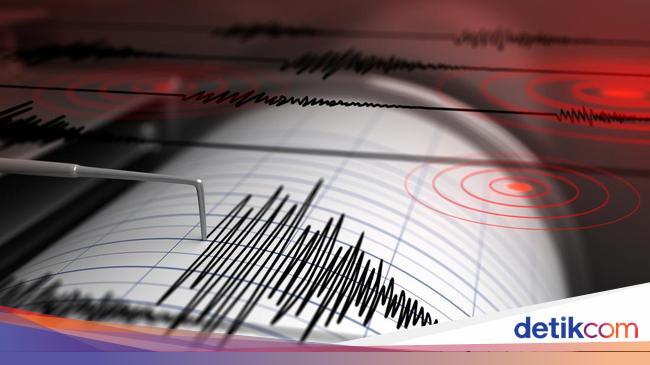The body’s reflex response in the face of stress… Fatigue if shallow breathing continues
Enter 2023.08.24 07:15 Hits 3 Enter 2023.08.24 07:15 Edit 2023.08.23 18:42 Hits 3
The momentary slowing or cessation of breathing while looking at a screen is called ‘screen apnea’. [사진=게티이미지뱅크]When you are looking at a computer or cell phone screen and suddenly receive a message or see an unexpected scene or text, you may stop breathing for a moment without realizing it. The momentary slowing or cessation of breathing while looking at a screen is called ‘screen apnea’. It is derived from “sleep apnea” and is not an official medical name.
The American news New York Times recently introduced the cause and solution of screen apnea.
In 2008, in the US news Huffington Post, Linda, a former Microsoft executive, revealed the results of an experiment she conducted unofficially. She invited 200 people to her home and observed how their heart rate and breathing fluctuated while they checked their email.
Interestingly, it turns out that 80% of people periodically hold their breath or their breathing fluctuates. Linda first named the condition “email apnea,” but later expanded the concept. The name was changed to ‘screen apnea’ in the sense that many people experience breathing difficulties when doing various tasks in front of a screen, including emails.
According to Professor Steven of the Department of Psychiatry at the University of North Carolina at Chapel Hill, screen apnea is a kind of reaction that our body shows when it is faced with stress. When faced with a stimulus of any kind, the nervous system deciphers whether or not it is a threat.
At this time, in the process of focusing and paying attention, mental effort is also accompanied, breathing becomes shallow and heart rate decreases. As the body changes physiologically so that it can focus on detoxification, breathing disorders are manifested.
The more unexpected the stimulus, such as an unexpected text message, the more likely the body will regard it as a threat. “It may not be harmful to experience these reflexes once in a while, but leaving the screen on all day is dangerous because the nervous system perceives it as a chronic threat,” Dr. Steven warned. If shallow breathing is maintained for several hours, the feeling of fatigue continues even when there is no stress.
There are several ways to deal with this momentary breathing problem. You can set an alarm to sound periodically throughout the day to remind you to breathe. Sighing loudly at this time is a great way to realign your breathing pattern. Long exhalations are also effective in improving mood.
Increasing the size of the screen also reduces the mental burden. This is because the narrower the field of view, the greater the demands of the nervous system to block out everything outside the field of vision. It is good to increase the screen so that the whole nerve is not immersed in the narrow screen.
Aside from that, it’s important to do activities that don’t require mental effort during your breaks. While taking a break, it is recommended to listen to music or go for a light walk so that the nervous system can be fully alert rather than chatting via messenger.
◆ Article help: Choi Hye-rim, intern reporter
2023-08-23 22:16:44
#suddenly #stop #breathing #phone.. #screen #apnea

